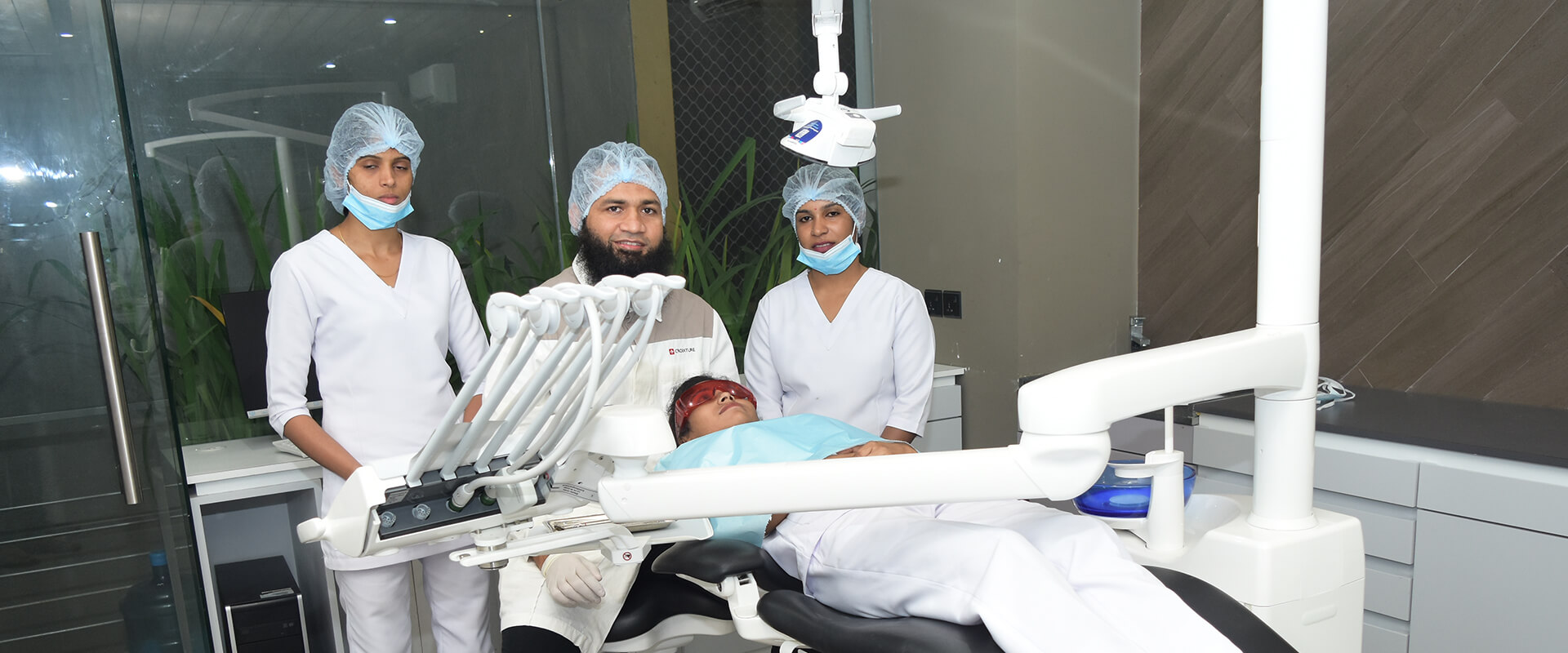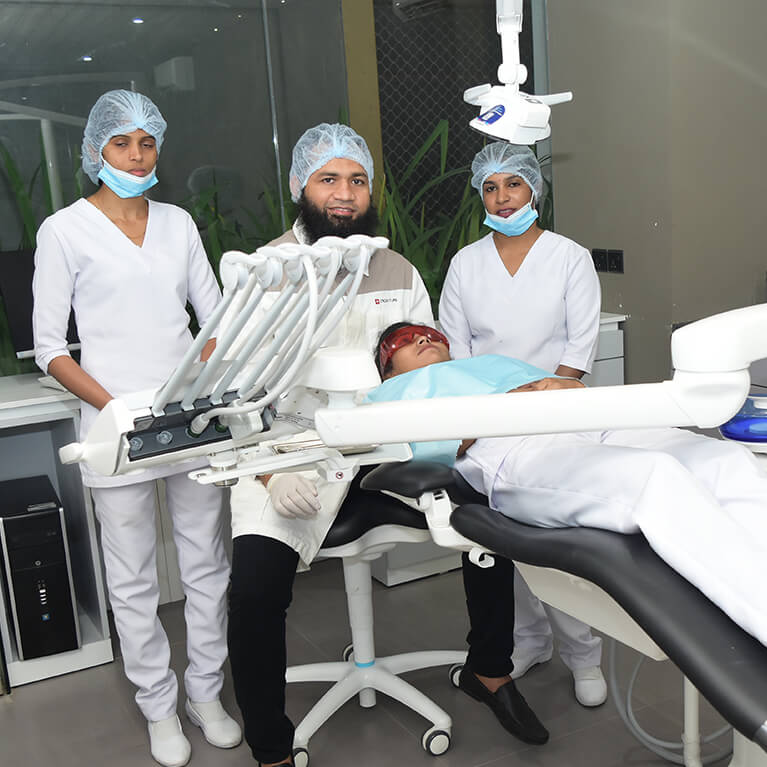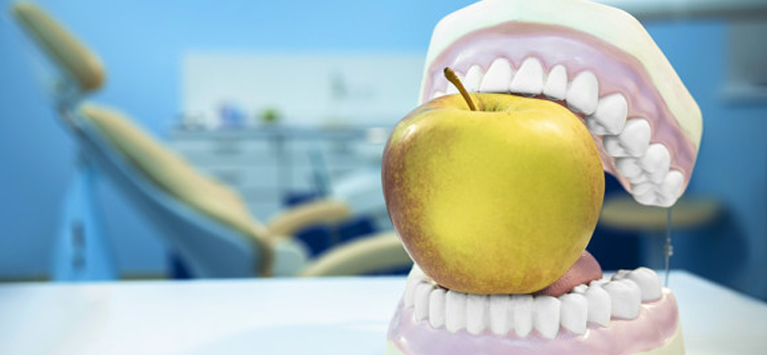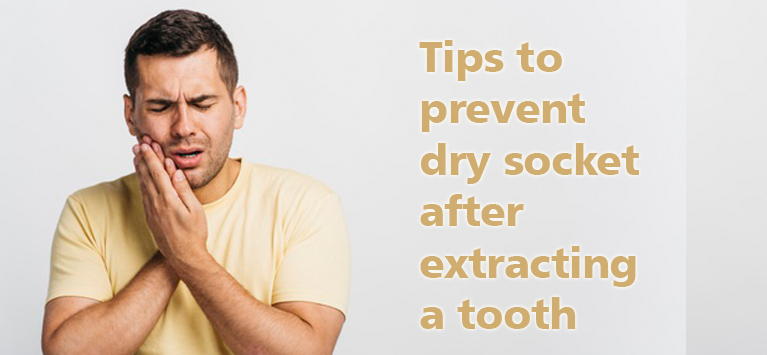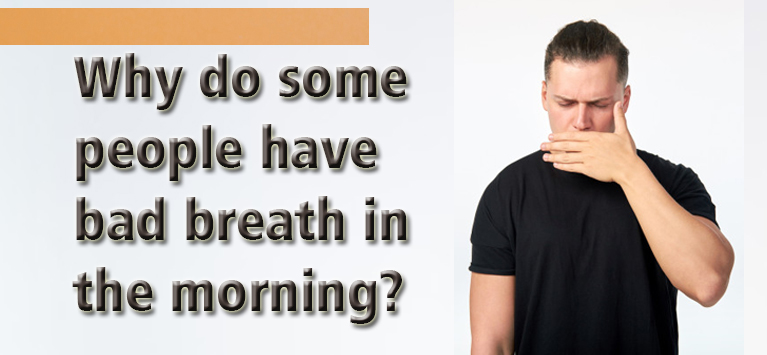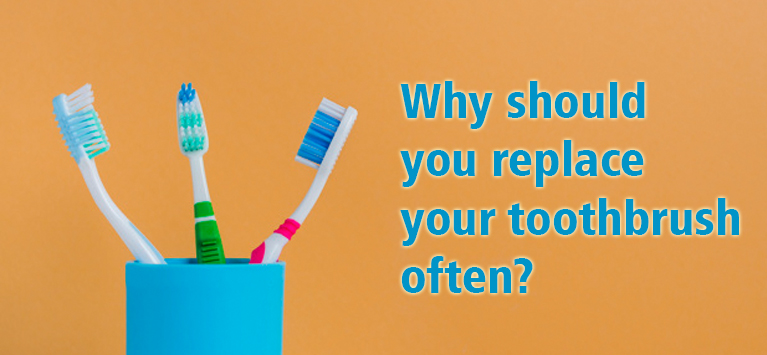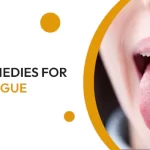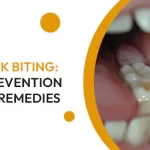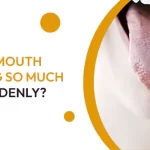Whether full or Partial dentures, keeping them safe and free from stains and bacteria requires routine, appropriate care. Proper care will keep both the mouth and dentures in perfect condition. These useful tips describe the way your dentures are washed, handled, and stored correctly.
Cleaning Dentures
After the meals remove and rinse the dentures. If, after every meal, you are often not able to wash your dentures, at least make sure to rinse and brush them with a denture cleaner, soft dish soap, or liquid soap once a day to eliminate plaque, food, and other contaminants.
Clean any remaining adhesive off your gums if you are using a denture adhesive. Do not use a denture cleanser for this purpose. Brush the natural teeth and clean the tongue, mouth roof, and cheeks. Soak the dentures overnight in the solution. Your dentist or solution company will have their own suggestions so please follow instructions.
Several things to clean dentures you should never use include:
Whitening toothpaste
Toothpaste will be completely abrasive with teeth whitening properties. Don’t use it for denture cleaning.
Abrasive cleaning items
Heavy-bristled toothbrushes and rough cleaners and toothpaste are much too abrasive and may cause severe harm to dentures.
Hot water
In relation to sterilizing the dentures, they may be damaged by hot water.
Bleach Products
Bleach damages dentures and alters color. The metal components in the dentures with metal links can also be tarnished by solutions that contain.
How to handle dentures?
Wash them completely before putting the dentures back in, particularly if you are using a cleaning solution. When swallowed, the toxic chemicals in the solution may cause vomiting, discomfort, or burning. Dentures are quite fragile and can easily break when dropped. Often keep them above a soft towel while handling the dentures, or load your sink with water.
Storing dentures
If dried out or are put in hot water, the dentures may become warped. Your dentures must either be kept in water with room temperature or in a denture solution suggested by your dentist while you are not using them.
Never cover the dentures in a towel of paper. They may easily be confused with waste, then thrown away. Keep your dentures much out of reach of children and pets and keep them safe. Children enjoy playing with dentures and dogs enjoy chewing them up.
Schedule routine dentist appointments to have your teeth and dentures tested and cleaned. If you feel dentures are loose, immediately consult your dentist.





